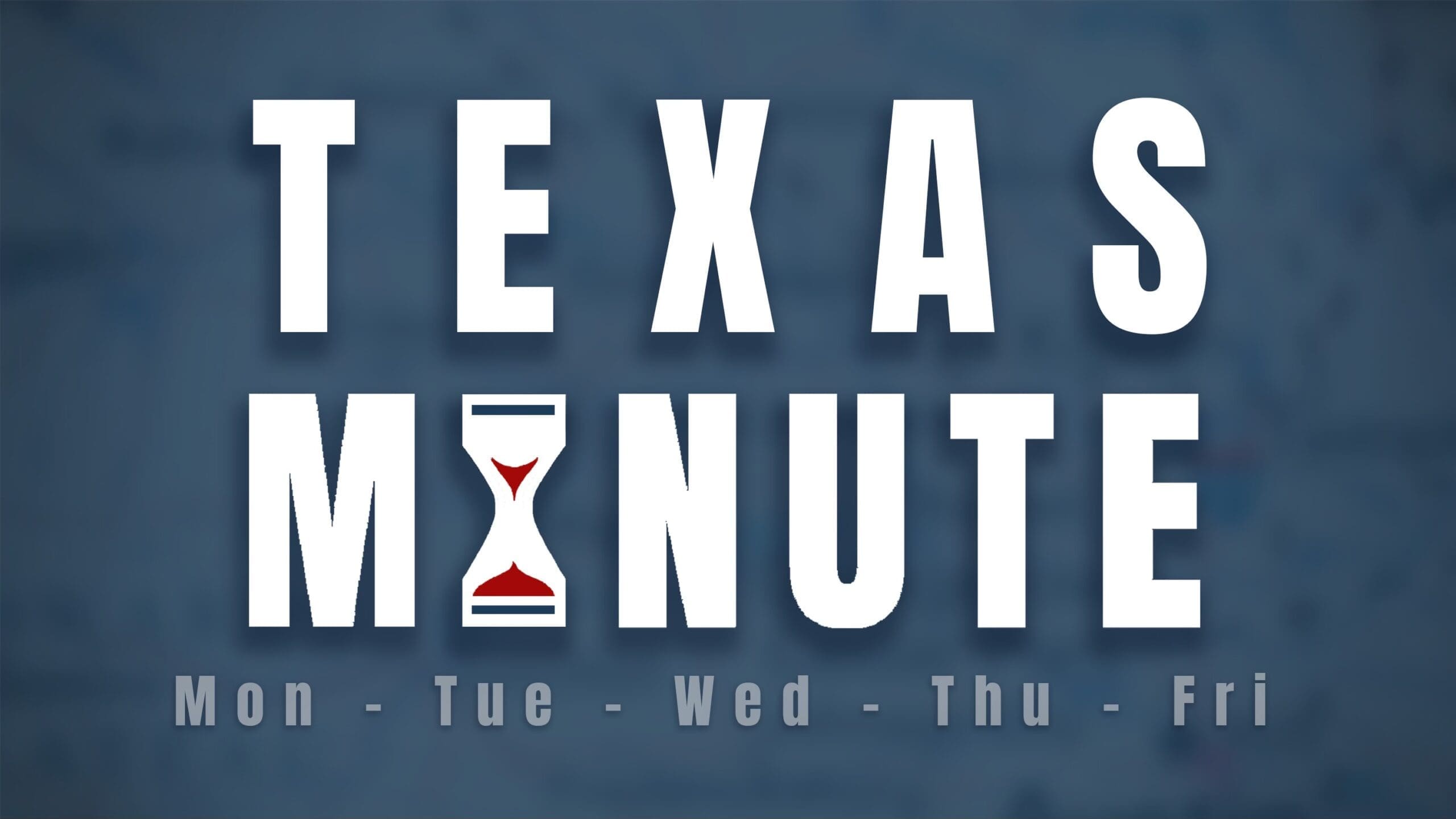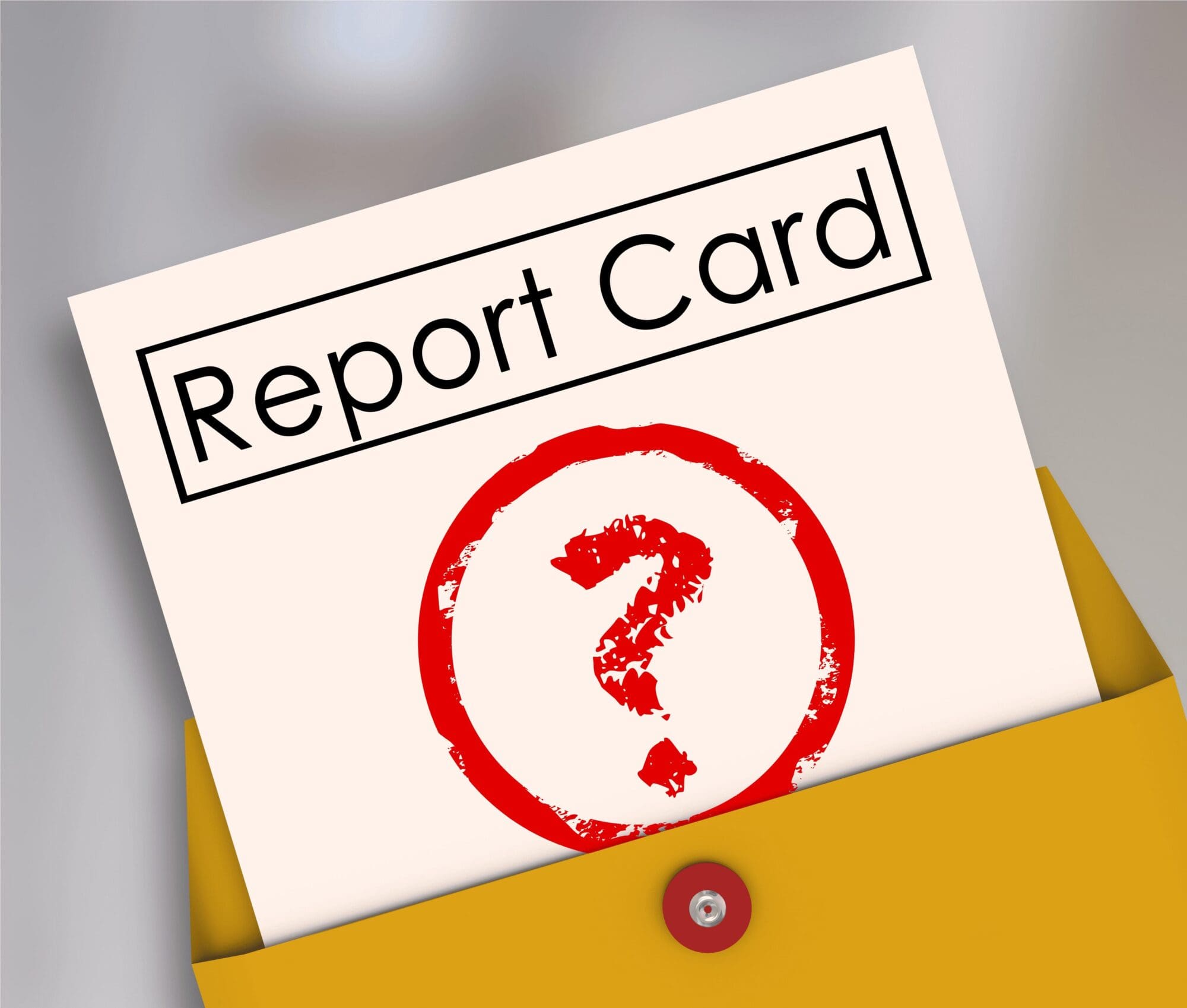A long-running behind-the-scenes feud over your right to privacy is finally over in the 86th Texas Legislature.
Amazon, drone manufacturers, and big government have all been quietly determined to get one thing this session: images of your home and private property. The Capitol’s backroom feud had Amazon and their compliant lawmakers wrestling with conservative representatives over where to draw the line for drone usage. After conservatives stood up for the privacy rights of citizens, the fight finally came to a close—and, for the moment, liberty has won.
Coming into the session, Amazon and DJI Technologies, a major Chinese manufacturer of unmanned aerial vehicles (UAVs), pushed a series of bills to expand the usage of—and limit the restrictions on—drones and the data they’re allowed to harvest. But despite weeks of backroom negotiating and procedural tactics, the bills were killed, either by a vote of the legislative body or by failing to meet critical parliamentary deadlines.
Senate Bill 59, as originally written by Laredo Democrat State Sen. Judith Zaffirini, would have allowed online retailers like Amazon to deliver goods to the homes of paying customers via drone and take images along the delivery route. Though the bill was seemingly harmless and well-intentioned at first glance, defenders of privacy rights inside the Capitol warned lawmakers that, if too broadly defined, the implications of the bill could have frightening consequences. Pictures of Texans, their belongings, and the intricate details of their homes and property would be available to online giants and susceptible to hacking.
Before SB 59 passed the Senate, the bill was vastly improved by Republican State Sen. Bob Hall’s (Edgewood) amendments. Hall added language narrowing the bill so specifically as to confine the companies to only having the drones collect images of the package placement at the time of delivery and ensuring the images collected would be destroyed after a determined amount of time.
But in the Texas House, SB 59 was left dead in committee—at least for a moment.
Soon after the bill was killed, some lawmakers revived the interests of big business using two different bills to take its place.
The first bill was House Bill 4448 by Rep. Drew Springer (R–Meunster). In the House State Affairs Committee, the bill became a Christmas tree: Springer’s final proposal incorporated a multitude of other bills and vastly expanded its scope as well as the magnitude of its potential impact.
“Is this the mother of all drone bills?” asked Chairman Dade Phelan (R–Beaumont).
“This is the mother of all drone bills for the 86th [Legislature],” Springer responded when introducing the bill.
One primary component of the bill was excluding non-online-based retailers, such as Walmart and other big box stores, from participating in the service. It was, essentially, a carve out by Amazon to stifle competition in a fast-growing service industry. That is not all it changed, though. Springer’s version also stripped away the Senate’s privacy protections and added government entities to the list of those who could use drones—giving state agencies, counties, cities, etc. permission to use them for the purposes of “mapping” private property of Texans for a broad range of purposes.
Despite the sensitive personal privacy of Texans on the line, lawmakers pushing the bill were not deterred from advancing the legislation for the business, and the fight eventually made its way to the House floor. It was there that Springer’s bill would become an experiment of sorts, receiving several amendments for consideration—like one to allow Texans to shoot down drones over their property with a shotgun.
After the antics, though, the bill passed on second reading; however, it failed by a wide margin on its third vote and final passage the very next day. Rather unexpectedly, a bipartisan coalition led by State Rep. Tony Tinderholt (R–Arlington) killed the bill in a vote of 95 nays to 50 yeas.
The fight still didn’t end there, though.
One last replacement, a fail-safe bill, was already lined up for the final day, just before the second reading deadline in the Texas House. House Bill 2912 by Republican State Rep. John Zerwas (Richmond) was open to be amended with the bad language supported by Springer, Amazon, and DJI.
With the House second reading deadline on Thursday night just hours away, and with House leadership continuing to slowly move legislation through the chamber, the bill was eventually postponed and eliminated from further consideration this session at the hands of the midnight deadline.
The vendors, lobbyists, and their friendly lawmakers went to great lengths to ensure this priority legislation made its way through the difficult legislative process, but to no avail. And in the end, with the privacy of Texans hanging in the balance, advocates for the protection of citizens from abuses and infringements can finally celebrate the victory of a fight most never knew they were in.





